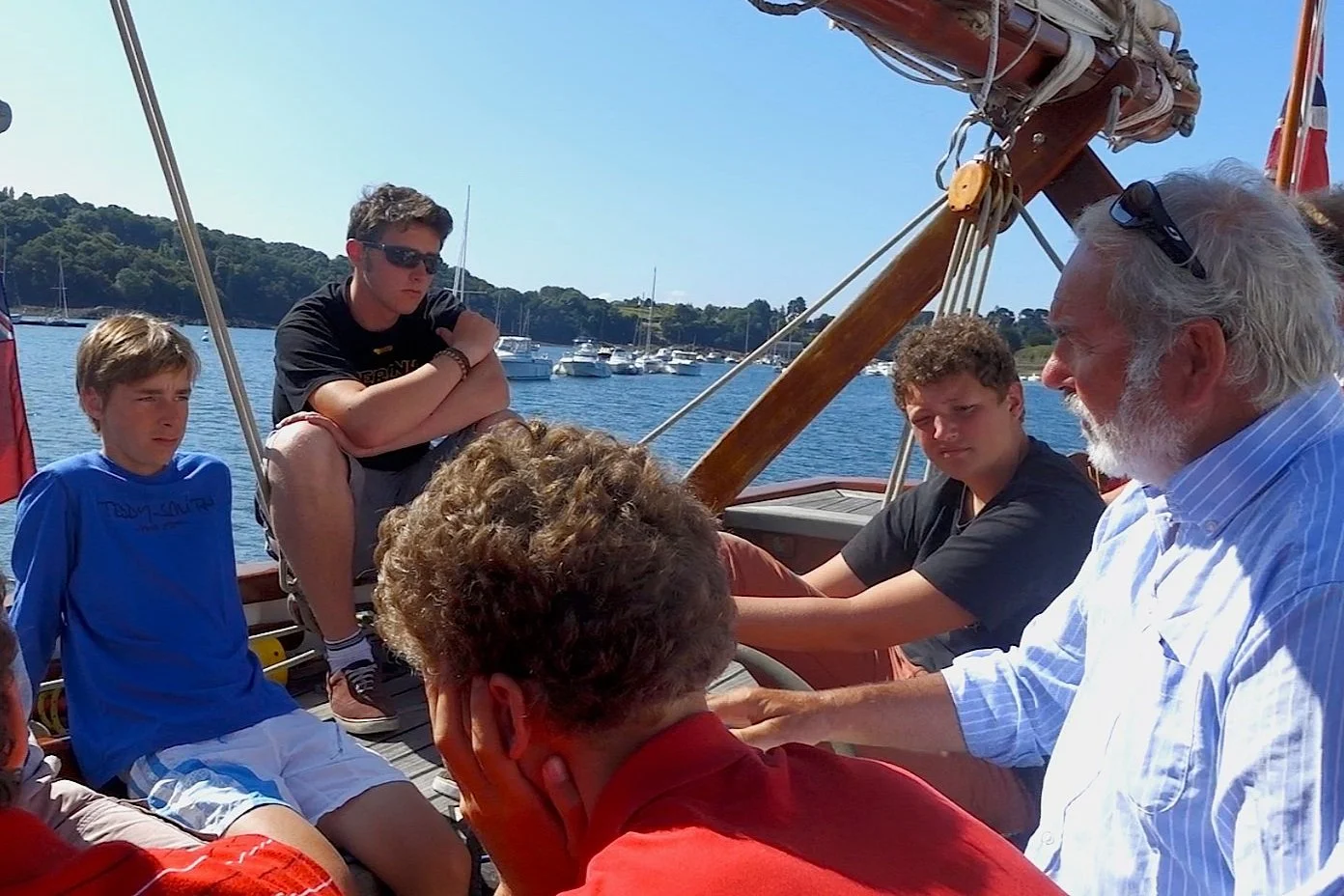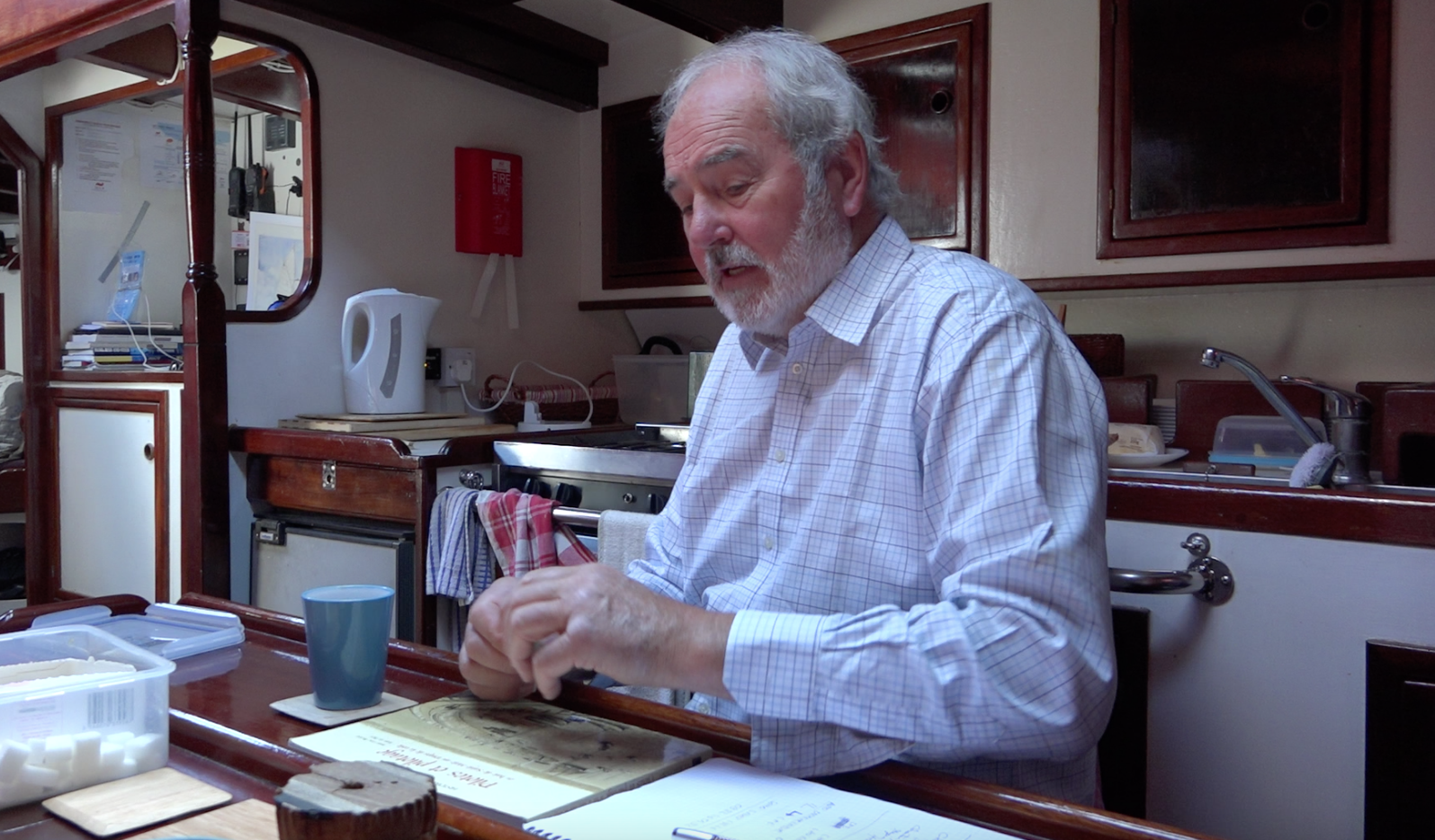You never know what you’ll find when you scroll through a Twitter feed. Recently, your scribe stumbled across a 2008 article in The New Yorker written by public intellectual Malcolm Gladwell; the title of his piece was MOST LIKELY TO SUCCEED, How do we hire when we don’t know who’s right for the job? He proceeds to compare great American football quarterbacks to school teachers. (For those of you not familiar with American football, the quarterback is the player who distributes the football to other players on a team’s offensive unit, i.e., he’s the key offensive player. Good quarterbacks are the sine qua nons of championship-caliber teams.) In his article, Gladwell uses anecdotes to illustrate how hard it is for scouts to divine who will develop into a great professional quarterback and who won’t. (Most great university quarterbacks wind up being disappointments when they turn pro.)
Then he moves on to teachers. Just like quarterbacks, they are absolutely essential for [educational] success and apparently just as difficult to assess when freshly minted. You have to see them in action over time to see if you have a winner.
“One of the most important tools in contemporary educational research,” Gladwell writes, “is ‘value added’ analysis. It uses standardized test scores to look at how much the academic performance of students in a given teacher’s classroom changes between the beginning and the end of the school year…. [A change in] the students’ rankings [expressed as a percentile on math and reading tests] , value-added theory says, is a meaningful indicator of how much more effective [one teacher is than another].”
He then goes on to write,
“…the difference between good teachers and poor teachers turns out to be vast.
Eric Hanushek, an economist at Stanford, estimates that the students of a very bad teacher will learn, on average, half a year’s worth of material in one school year. The students in the class of a very good teacher will learn a year and a half’s worth of material. That difference amounts to a year’s worth of learning in a single year. Teacher effects dwarf school effects: your child is actually better off in a ‘bad’ school with an excellent teacher than in an excellent school with a bad teacher. Teacher effects are also much stronger than class-size effects. You’d have to cut the average class almost in half to get the same boost that you’d get if you switched from an average teacher to a teacher in the eighty-fifth percentile. And remember that a good teacher costs as much as an average one, whereas halving class size would require that you build twice as many classrooms and hire twice as many teachers.
Hanushek recently did a back-of-the-envelope calculation about what even a rudimentary focus on teacher quality could mean for the United States. If you rank the countries of the world in terms of the academic performance of their schoolchildren, the U.S. is just below average, half a standard deviation below a clump of relatively high-performing countries like Canada and Belgium. According to Hanushek, the U.S. could close that gap simply by replacing the bottom six per cent to ten per cent of public-school teachers with teachers of average quality. After years of worrying about issues like school funding levels, class size, and curriculum design, many reformers have come to the conclusion that nothing matters more than finding people with the potential to be great teachers. But there’s a hitch: no one knows what a person with the potential to be a great teacher looks like. The school system has a quarterback problem.”
QBE doesn’t have a quarterback problem. In fact, our “quarterback” is probably our greatest asset. We have truly fabulous boats. We go to amazing places. We have all the assets anyone could want to provide an exceptional expeditionary education experience. Of course, other programs have some great assets, too. But what precious few have is a gifted quarterback like ours. Teaching is as much—if not more—an art than a science. Once again, Gladwell:
“A group of researchers—Thomas J. Kane, an economist at Harvard’s school of education; Douglas Staiger, an economist at Dartmouth; and Robert Gordon, a policy analyst at the Center for American Progress—have investigated whether it helps to have a teacher who has earned a teaching certification or a master’s degree. Both are expensive, time-consuming credentials that almost every district expects teachers to acquire; neither makes a difference in the classroom. Test scores, graduate degrees, and certifications—as much as they appear related to teaching prowess—turn out to be about as useful in predicting success as having a[n aspiring professional] quarterback throw footballs into a bunch of garbage cans.”
Will Sutherland has been teaching outdoor and life skills (as well as mathematics) his entire life. One of his former students once told your scribe he was the best teacher she ever had. Here’s another believer:
“…under Will’s impeccable guidance and mentorship, we felt safe yet consistently challenged as we learned the many important skills needed to sail a boat and compete effectively in a large race [Cowes Week]. My best memories of the experience were bonding with my fellow boat mates as we pursued a common goal and learned to work together and communicate effectively under pressure and in a highly compressed period of time. Will is a tremendous organizer and inspiring leader who is highly adept at facilitating this type of endeavor. I would wholeheartedly and enthusiastically recommend any program that he is involved with….and would sign up in a heartbeat if I were 18 again!”
—Dariane H., Concord, MA, USA
Many of us can point to one or two teachers we had in school who made a profound impact on us. Will is that kind of difference maker. And (along with the opportunity to go sailing on his jaw-dropping pilot cutters) he’s the reason many of us volunteer our time to help out with the project. When it comes to teaching gaff-rig sailing and mentoring youngsters, he’s proven over time that he’s the real deal—an all-pro quarterback. You can read a short bio HERE.





